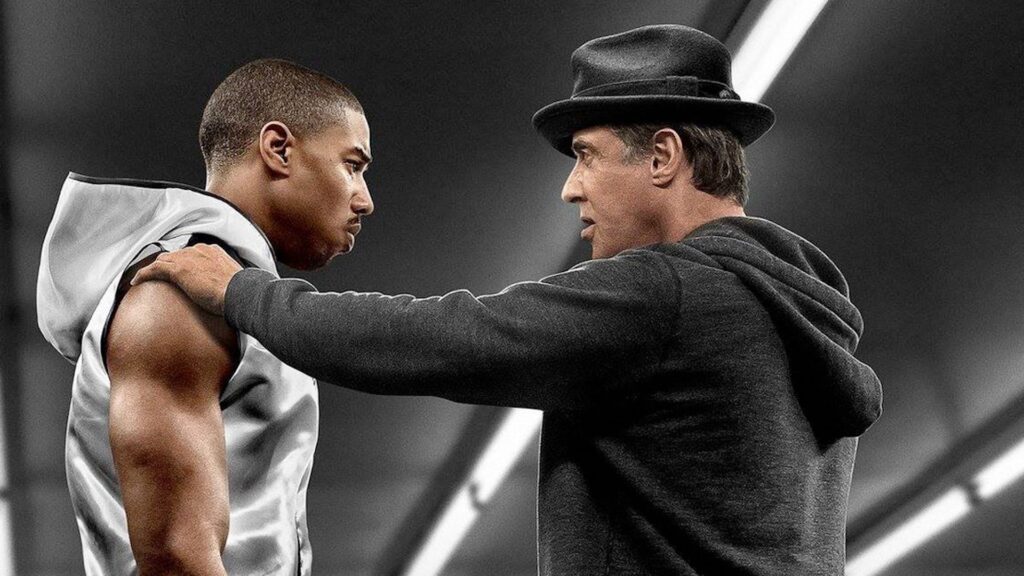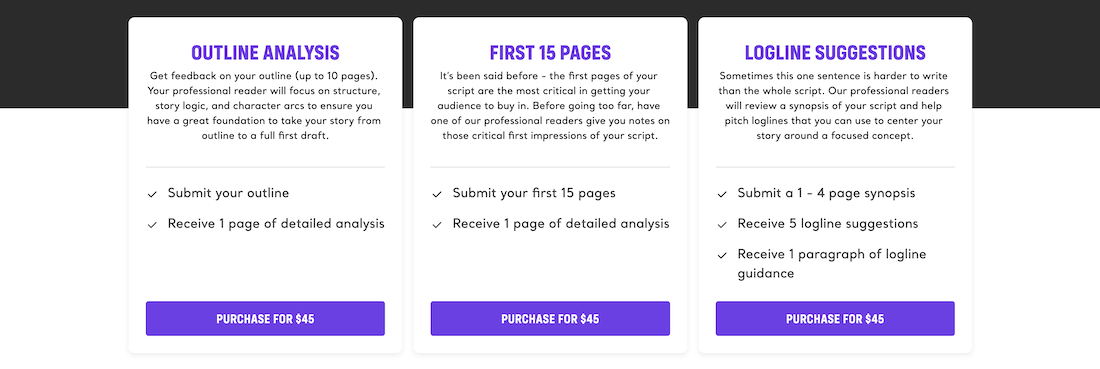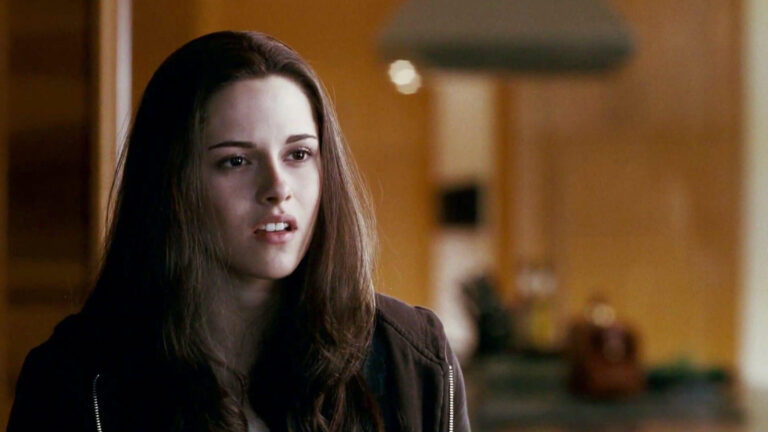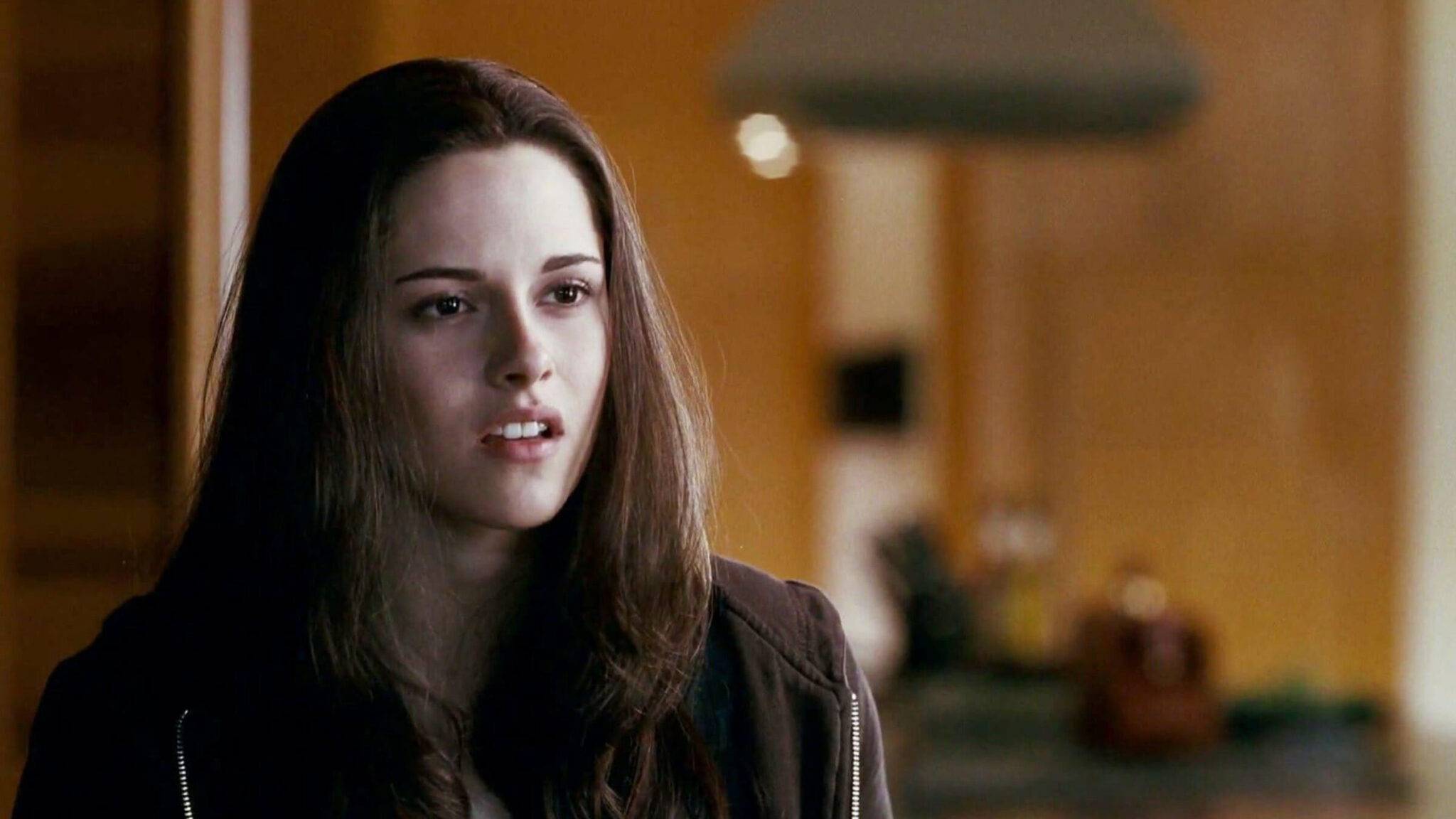How Clichés and Formulaic Screenwriting Can Make You a More Successful Screenwriter

Ron Shelton—Oscar-nominated writer and director behind classics like Bull Durham, White Men Can't Jump, and Tin Cup—recently wrote an outstanding book about the writing and making of Bull Durham entitled The Church of Baseball, The Making of Bull Durham: Home runs, Bad Calls, Crazy Fights, Big Swings, and a Hit.
Whether intentional or not, the book has proven to be a consistently educational reading for screenwriters with endless anecdotes, examples, and lessons. I'll be featuring some of his greatest screenwriting lessons found within the book in a series of posts, with my elaboration on his wise words.
The first topic of discussion? Clichés and formulaic screenwriting.
How Clichés and Formulaic Screenwriting Can Make You a More Successful Screenwriter
Shelton actually features wise words he heard from iconic writer/director Sam Peckinpah (The Wild Bunch, Straw Dogs) while discussing writing some scenes for Bull Durham. He wrote:
"The road leads back to Sam Peckinpah again. In reference to his Westerns, he said, 'I love clichés because clichés establish an immediate connection with the audience. Clichés reside in the collective unconscious. And what is a film? A film is just a collection of clichés. The work of the director is to love the cliché, adopt the cliché, and then work against it. You have to remake the cliché in a way that nobody has ever made it before. That is the work of the director.' Peckinpah knew it was also the work of the writer."
Clichés and Formulaic Screenwriting
Cliché is often defined as something that has become overly familiar or commonplace.
Formulaic can be defined as adhering to set forms or conventions.
You can see the correlation between the two terms. In film and television, they refer to familiar elements of story and characterization usually present in a set form that audiences are familiar with.
As Peckinpah states, clichés are good because they establish an immediate connection with the audience. That's catharsis. And catharsis is the most critical element of a screenplay, teleplay, movie, or TV series episode.
Through cinematic interpretation, catharsis occurs when we experience a release of emotions after the story's resolution and the protagonist's overall journey.
Have you ever watched a movie or read a screenplay that stayed with you afterward? You walk out of the theater or close that script and somehow feel changed or affected.
- Maybe you went to see La La Land and truly identified with the two protagonists and their desire to see their dreams come true.
- Maybe you watched Good Will Hunting and truly identified with Will's struggle to overcome his inner demons.
Sometimes, you feel catharsis not because of your own experiences, but because the script is so well written that you step into the protagonist's shoes and experience their catharsis. By the end of the film, you either share in their triumph against all odds or feel relief from their struggles amidst tragedy.
That's the magic of an amazing screenplay and movie, leaving the reader or the audience truly touched, affected, and sometimes changed. There's a reason why clichés and formulaic screenwriting work. They tap into what the audience desires—catharsis.
Read More: The 15 Most Important Elements of a Story

'Good Will Hunting' (1997)
Take a look at two of the most utilized clichés in film:
- An underdog becomes a champion
- A loser becomes a winner
Audiences tap into those clichés because they either identify with those types of stories and characters—or they at least empathize with them.
That's why Rocky and Creed movies have been so successful despite the fact that the stories they tell, and the characters they focus on, are cliché-ridden and written in formulaic fashion.
It's not necessarily about what happens (clichés and formulaic screenwriting). It's about how it happens that really matters.
Audiences want to be moved, entertained, and/or informed. Screenwriters accomplish those goals through clichés and formulaic screenwriting because those formulas and clichés reside in our collective consciousness. They tap into our psyche and trigger emotional responses, which encompass the creation of pure catharsis.
Sure, sometimes cliché plot devices work because they achieve a simple goal quickly for the audience, or they propel the story forward in visceral ways.
- Hacking into a high-security system in seconds
- The surprise witness in a courtroom drama
- Characters investigating scary sounds
- Cars explode when they are shot at
Clichés are clichés for a reason in movies and television because they work. The same can be said for the elevated usage of clichés by way of formulaic screenwriting. Whether it's via critical acclaim and Oscars or through box office successes—clichés and formulaic screenwriting work. And they work well.
But screenwriters can also use clichés and formulas to subvert them, which leads to an even more powerful catharsis for certain films.

'Creed' (2015)
Using Clichés and Formulaic Screenwriting to Mislead and Surprise Audiences
The truth is that to be a professional screenwriter, you need to embrace clichés and formulaic screenwriting because 99% of the writing contracts out there are for assignments. And studio/network/streamer assignments usually entail formulaic movies by design.
- There's a reason Lifetime thrillers and rom-coms, as well as Hallmark rom-coms and Christmas movies, are popular enough to warrant hundreds released each year—because audiences love the formula
- There's a reason why Marvel movies are continuously successful—because audiences love the formula
- There's a reason why rom-coms were so successful in their day (with a current revival of them happening now)—because audiences love the formula
- There's a reason why action movies continue to draw in crowds—because audiences love the formula
- There's a reason why conventional horror movies still work—because audiences love the formula
If you want to be a pro screenwriter, you're going to need to be a master in cinematic clichés and formulas. But that doesn't mean you have to do nothing but write cookie-cutter movies. Quite the contrary, actually.
You can use that knowledge to subvert audience expectations, which can often lead to enhanced viewing experiences.
As Peckinpah stated:
"Love the cliché, adopt the cliché, and then work against it. You have to remake the cliché in a way that nobody has ever made it before."
That's where screenwriters display true talent. You can't escape clichés and formulaic screenwriting. It's part of the job. However, what you can do is twist, turn, remake, and rework them when possible.
This is where the fun of screenwriting begins. When looking at clichéd and formulaic elements, ask yourself:
- What's been done with them?
- What hasn't been done with them?
- What's something new I can bring to the table?
You'd be wise to keep many of them within your story. As I've said, there's a powerful connection between the audience and clichés and formulaic screenwriting. But the best way to stand out as a professional screenwriter is to know when to use them, and when to subvert them.

'The Fall Guy' (2024)
---
Regardless, knowing and embracing clichés and formulaic screenwriting can make you a more successful screenwriter. Not every spec script can be Everything Everywhere All at Once. Yes, those unique and original screenplays are a welcome presence within an industry full of clichéd and formulaic movies and TV series. But the bread and butter of a screenwriting career—and the Film/TV industry as a whole—will involve movies and TV series that embrace what audiences are familiar with.
To stand out, your job will be to play with those expectations and choose key opportunities to subvert them. Sometimes audiences will surprisingly resent you for doing that. Other times they'll thank you. Such is the life of a screenwriter.
Read More: 3 Things Every Screenwriter Must Do at the Beginning of Their Career
Check out our Preparation Notes so you start your story off on the right track!

Ken Miyamoto has worked in the film industry for nearly two decades, most notably as a studio liaison for Sony Studios and then as a script reader and story analyst for Sony Pictures.
He has many studio meetings under his belt as a produced screenwriter, meeting with the likes of Sony, Dreamworks, Universal, Disney, and Warner Brothers, as well as many production and management companies. He has had a previous development deal with Lionsgate, as well as multiple writing assignments, including the produced miniseries Blackout, starring Anne Heche, Sean Patrick Flanery, Billy Zane, James Brolin, Haylie Duff, Brian Bloom, Eric La Salle, and Bruce Boxleitner, the feature thriller Hunter's Creed, and many produced Lifetime thrillers. Follow Ken on Twitter @KenMovies and Instagram @KenMovies76.
Get Our Screenwriting Newsletter!
Get weekly writing inspiration delivered to your inbox - including industry news, popular articles, and more!

























